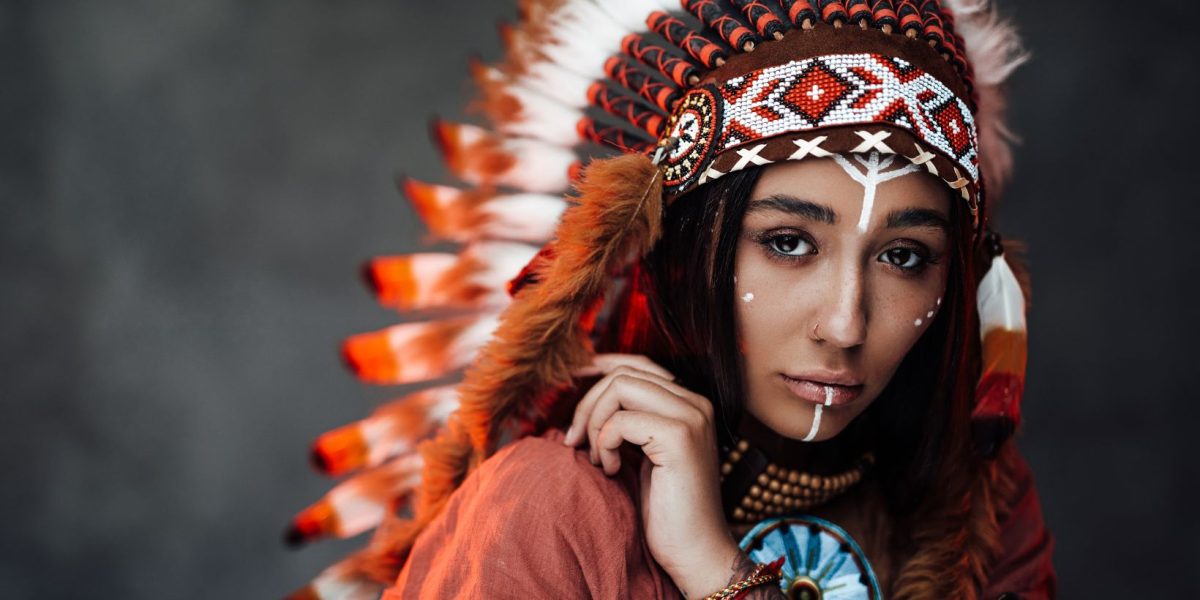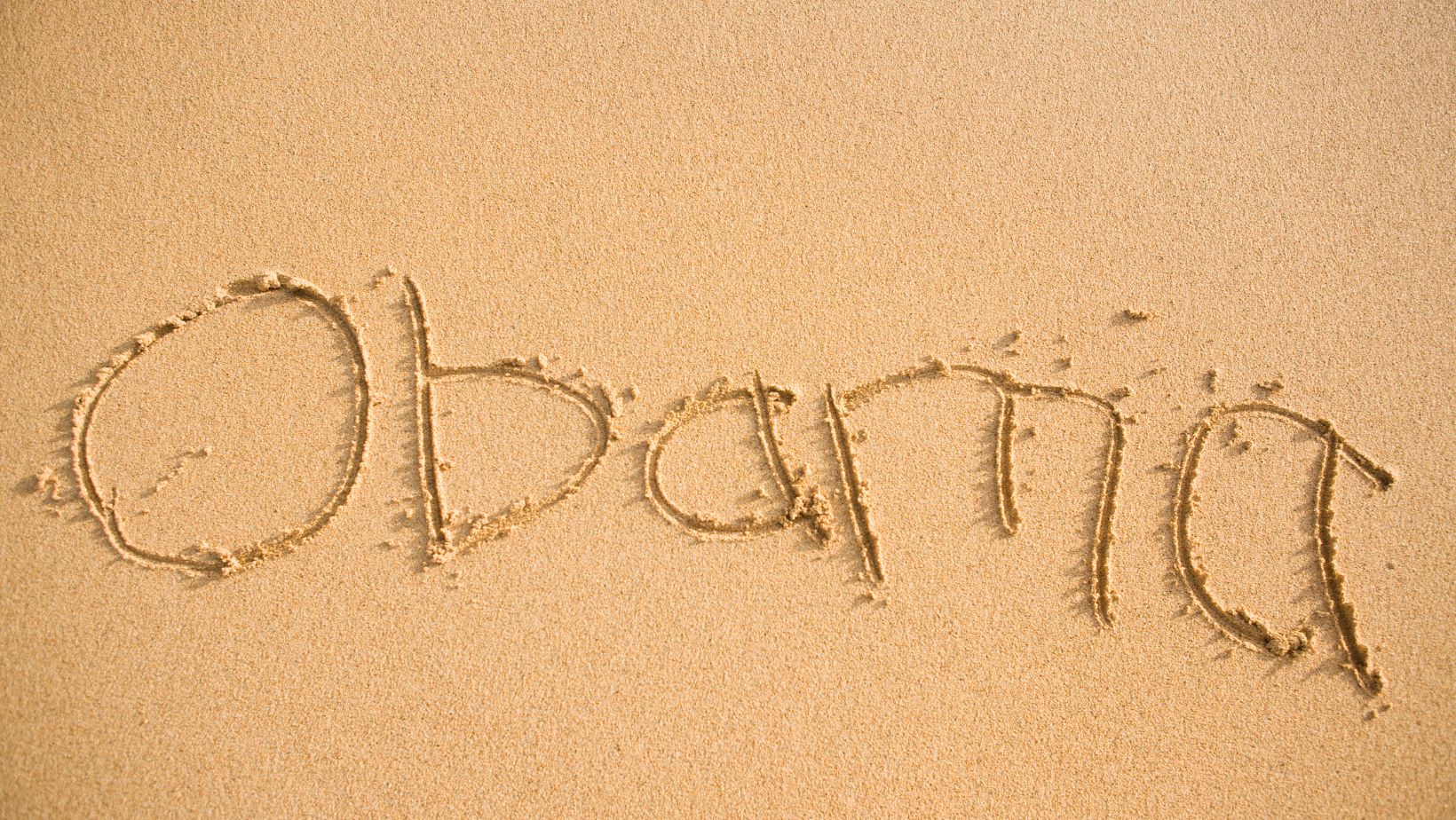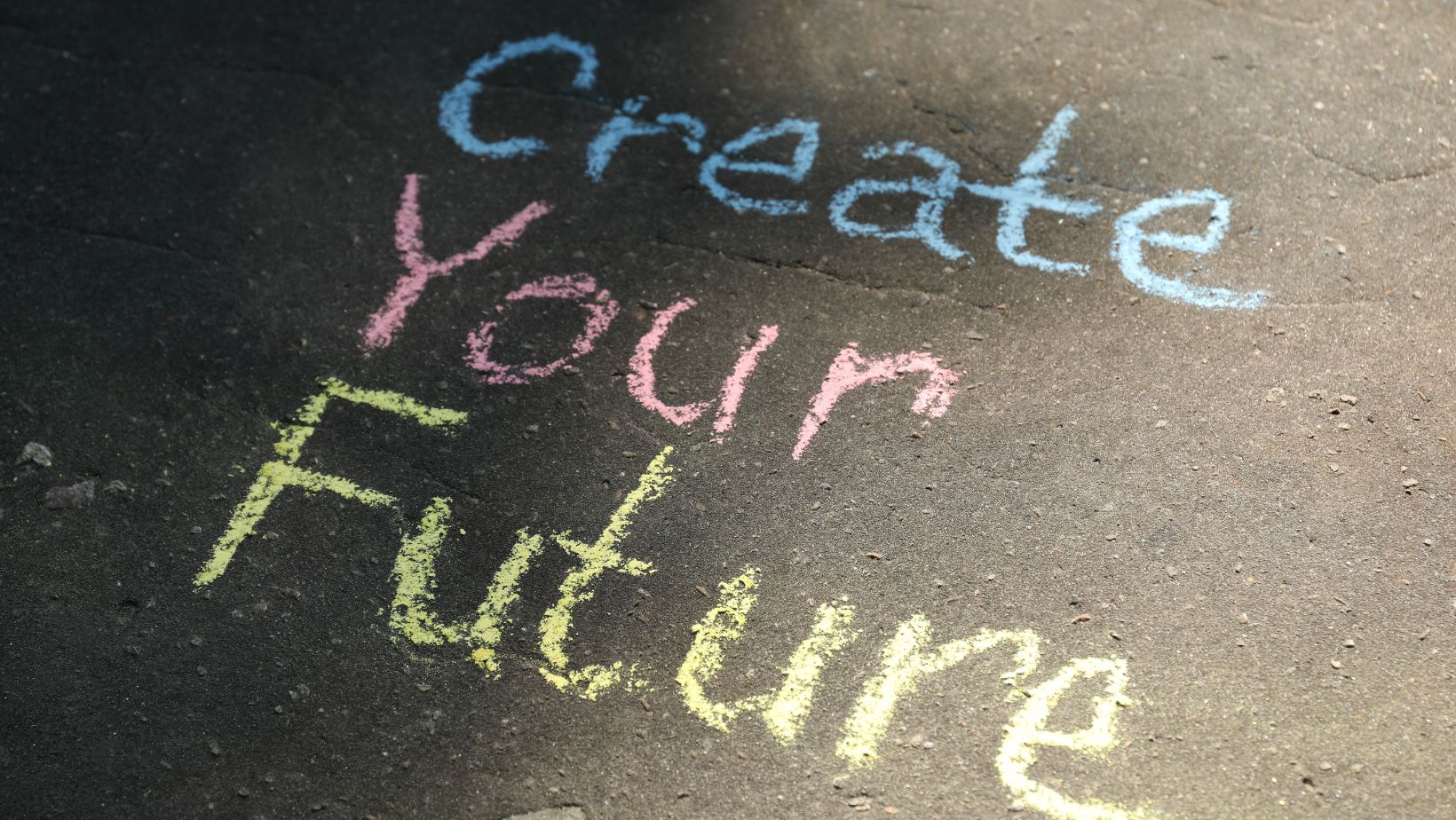Honoring the Rich Tapestry of Indigenous Cultures
In the United States, the fourth Friday in November is not just a day sandwiched between Thanksgiving and the infamous Black Friday shopping spree; it is a day dedicated to recognizing and honoring the diverse cultures, histories, and contributions of Native Americans. Native American Heritage Day, officially recognized since 2009, provides an opportunity for reflection, education, and celebration of the rich tapestry of Indigenous peoples who have called this land home for thousands of years.
The Significance of Native American Heritage Day:
Established by President George W. Bush, Native American Heritage Day holds immense significance in acknowledging the resilience, wisdom, and cultural heritage of the First Nations. It serves as a reminder of the historical injustices faced by Native communities while also highlighting their enduring contributions to the nation’s fabric.
Preserving Cultural Diversity:
The United States is home to a myriad of Native American tribes, each with its own unique languages, traditions, and customs. Native American Heritage Day offers a platform to showcase this cultural diversity, fostering a deeper understanding and appreciation for the richness of Indigenous heritage. From the vibrant powwows of the Plains tribes to the intricate basket weaving of the Southwest, the celebration serves as an invitation for people of all backgrounds to explore and embrace the distinctiveness of Native cultures.
Honoring Indigenous Contributions:
Beyond cultural diversity, Native Americans have made significant contributions to various fields, including art, science, technology, and agriculture. From the sophisticated knowledge of herbal medicine to the intricate beadwork and pottery, Indigenous contributions have left an indelible mark on American society. Native American Heritage Day is an occasion to recognize and celebrate these accomplishments, ensuring that their impact is acknowledged and appreciated.
Educational Opportunities:
Native American Heritage Day also plays a crucial role in educational initiatives. Schools, museums, and cultural institutions often organize events and activities that shed light on the history, struggles, and triumphs of Native Americans. Through storytelling, traditional dances, and exhibitions, students and the general public can gain a more nuanced understanding of the complexities of Native American history, dispelling stereotypes and fostering cultural sensitivity.
Addressing Historical Injustices:
While Native American Heritage Day is a time for celebration, it is equally important to acknowledge the historical injustices inflicted upon Indigenous peoples. From forced relocations to broken treaties, the road has been marked by challenges. This day provides an opportunity for reflection on the past and a commitment to building a more equitable future that respects the rights and dignity of Native communities.
Conclusion:
Native American Heritage Day stands as a testament to the resilience, diversity, and contributions of Indigenous peoples. It is a day to celebrate the rich tapestry of Native American cultures, honor their historical contributions, and address the challenges they continue to face. Through education, cultural appreciation, and acknowledgment of the past, we can move towards a future that embraces and uplifts the voices and traditions of the First Nations. As we observe this day, let us strive for a more inclusive society that recognizes and respects the enduring legacy of Native American heritage.





